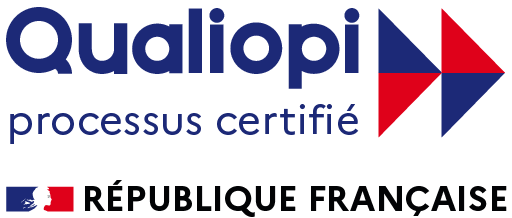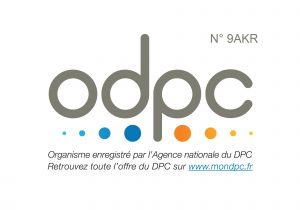Phase I, Single Ascending Dose Study of Cimaglermin Alfa (Neuregulin 1b3) in Patients With Systolic Dysfunction and Heart Failure
 A first-in-human, phase 1, double blind, placebo-controlled, single ascending dose study examined the safety, tolerability, and exploratory efficacy of intravenous infusion of a recombinant growth factor, cimaglermin alfa, in patients with heart failure and left ventricular systolic dysfunction (LVSD). In these patients on optimal guideline- directed medical therapy, cimaglermin treatment was generally tolerated except for transient nausea and headache and a dose-limiting toxicity was noted at the highest planned dose. There was a dose-dependent improvement in left ventricular ejection fraction lasting 90 days following infusion. Thus, cimaglermin is a potential therapy to enhance cardiac function in LVSD and warrants further investigation.
A first-in-human, phase 1, double blind, placebo-controlled, single ascending dose study examined the safety, tolerability, and exploratory efficacy of intravenous infusion of a recombinant growth factor, cimaglermin alfa, in patients with heart failure and left ventricular systolic dysfunction (LVSD). In these patients on optimal guideline- directed medical therapy, cimaglermin treatment was generally tolerated except for transient nausea and headache and a dose-limiting toxicity was noted at the highest planned dose. There was a dose-dependent improvement in left ventricular ejection fraction lasting 90 days following infusion. Thus, cimaglermin is a potential therapy to enhance cardiac function in LVSD and warrants further investigation.
- Cimaglermin is a recombinant neuregulin that appears to be important for essential cardiac repair processes.
- Forty patients with significant left ventricular dysfunction and heart failure were randomized in a phase 1 double blind, placebo controlled, single ascending dose study to examine safety and tolerability.
- An infusion of cimaglermin was generally tolerated except for transient nausea and headache.
- A dose-limiting toxicity of transient elevated liver transaminases and bilirubin was observed at the highest planned dose.
- There was a sustained improvement in left ventricular ejection fraction over 3 months at higher doses tested compared to lower doses or placebo.
Larger prospective randomized studies are needed with carefully selected doses, as well as repeat dosing, to establish patient safety and improvement in ventricular remodeling, functional status, and other measures of cardiac function.
Published by Elsevier on behalf of the American College of Cardiology Foundation. This is an open access article under the CC BY-NC-ND license


